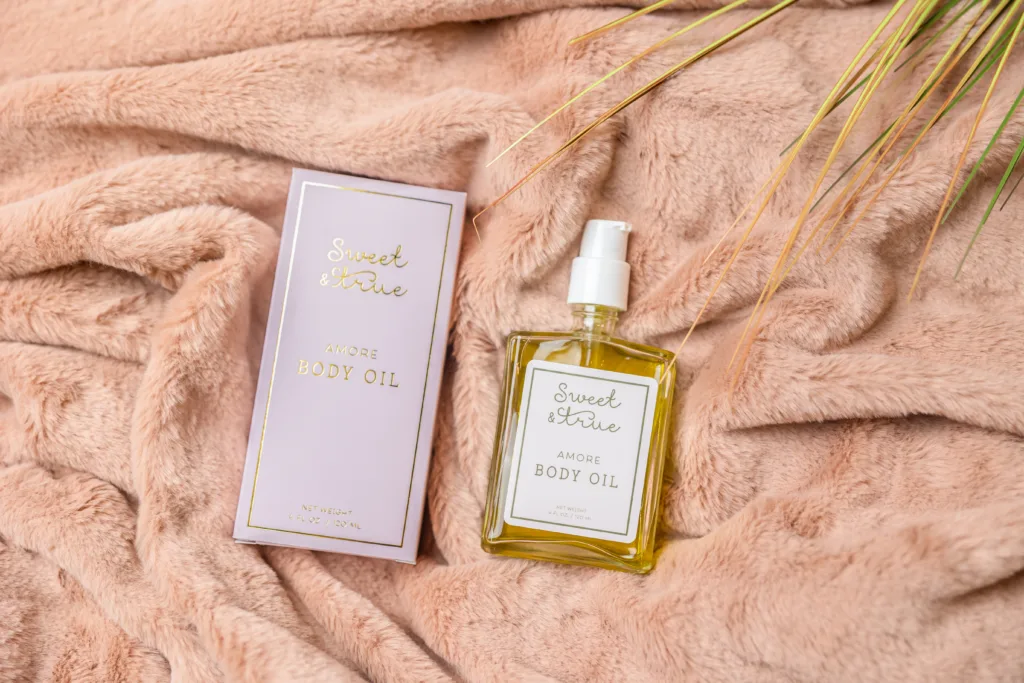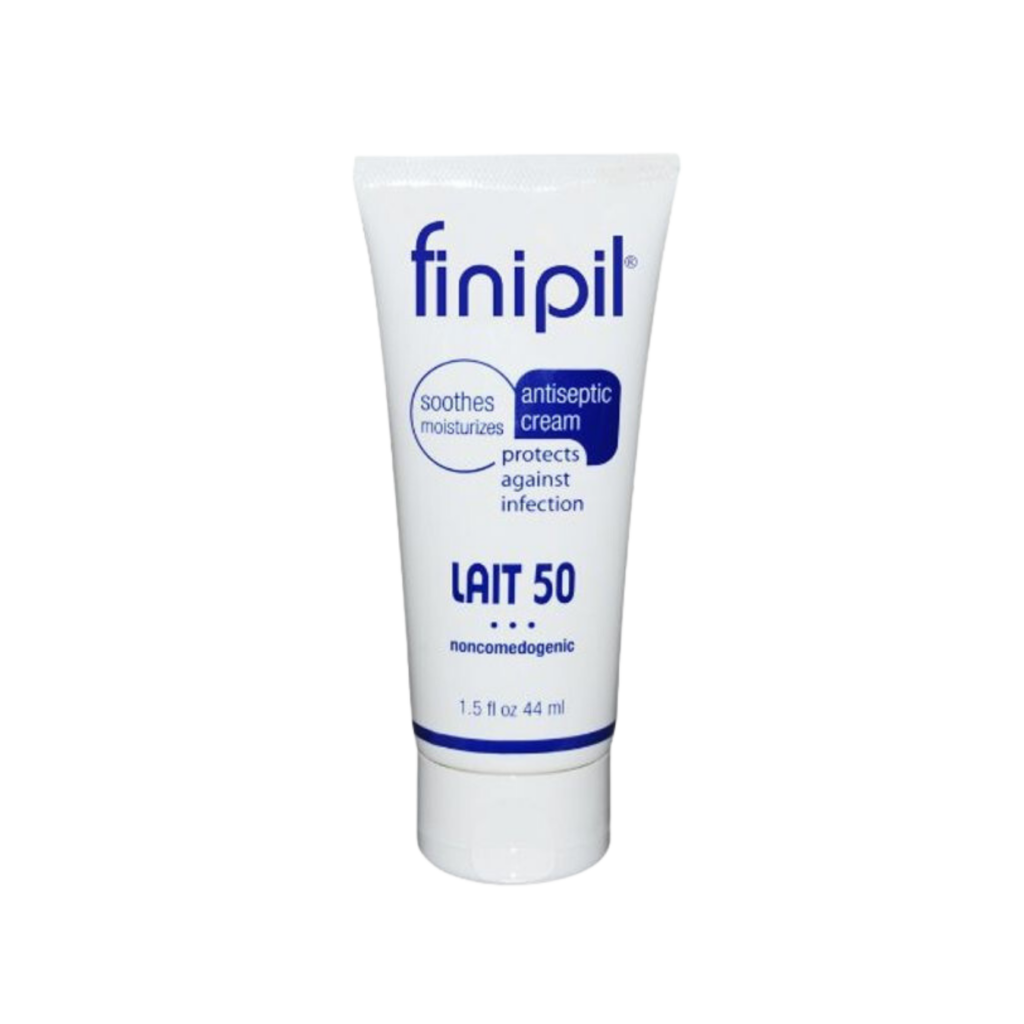No products in the cart.
Book Now 
0
In the world of skincare, moisturizing is often a hot topic. There are countless myths and misconceptions surrounding the use of moisturizers making it a challenge to navigate through all the conflicting advice. We’re here to provide clarity and debunk some common moisturizing myths, especially when it comes to caring for your intimate skin.
Here are some myth-busting insights to help you understand the truth about moisturizing and why it’s essential for maintaining healthy and hydrated skin.
Let’s start by addressing a widespread misconception: over-moisturizing. The key to effective moisturizing lies in finding the right product with the right ingredients and formula for your skin. For example, individuals with oily skin may find that using oil-based moisturizers can lead to an over-greasy feel. In contrast, those with generally dry skin might benefit from such a product.
Skin irritation or breakouts can also be a result of applying too much of a product that doesn’t agree with your skin or meet your skin’s needs. Therefore, it’s extremely important to be aware of your skin type and sensitivities to be able to find the right product that will hydrate your skin in the right way.
The misunderstanding surrounding “over-moisturizing” is not about how frequently you apply moisturizer but rather how much you use at a time. In fact, applying an excessive amount of moisturizer can create the sensation of “over-moisturizing”, however, it’s just a result of product misuse.
Overloading your skin with an excessive amount of product is not harmful, but can cause your skin to feel greasy or sticky. The goal is to find the right balance between keeping your skin adequately moisturized without feeling weighed down by products.
While natural oils like coconut oil or olive oil are often celebrated for their moisturizing benefits in skincare routines, their suitability for intimate areas is not guaranteed. While gravitating towards natural and minimal ingredient products may seem appealing, it’s essential to carefully consider your skin’s needs and choose ingredients specifically designed for intimate skin care.
Without proper research and understanding of the right products for your intimate areas, there’s a risk of disrupting the skin’s pH balance, experiencing allergic reactions, or dealing with oily residue and other issues.
There are plenty of oil-based products that can work wonders for your intimate skin, however, not every oil is suitable for intimate skin care, regardless of how natural it may be. These oils can disrupt the delicate pH balance of intimate areas, potentially leading to irritation, itching, or an increased risk of infections.
Additionally, they may trigger allergic reactions in some individuals, resulting in symptoms such as redness, itching, swelling, or rash. Natural oils lack water-based hydration, crucial for maintaining the health and suppleness of intimate skin, and may leave a greasy residue that can trap bacteria, sweat, and impurities, possibly causing clogged pores, irritation, or unpleasant odor in intimate areas. Intimate skin is delicate and more sensitive than other parts of the body, requiring extra care and consideration when selecting skincare products.
Moisturizers come in various formulations like creams, lotions, or gels, and are designed to address different skin concerns such as dryness, sensitivity, or clogged pores. It’s crucial to select a product that aligns with your skin type and individual needs.
Keep in mind that your skin’s hydration needs can vary depending on factors like your skin type, climate, and the time of year. For instance, you may need a richer moisturizer in colder months to combat dryness but opt for a lighter formula in hot and humid weather. This also applies to the areas of your body that you are targeting. When moisturizing sensitive areas of your skin, it’s essential to use the right product and adjust your skincare regimen accordingly.
Moisturizing sensitive areas should be a part of your daily routine, just like moisturizing your face. Regularly moisturizing, once or twice a day if necessary, can help balance your skin. Whether it’s after your bath or whenever you remember, consistency is key. The intimate skin, including the bikini line, mons pubis, labia, perineum, and even the anus, benefits from regular moisturization.
Sweet and True Amore Oil is recommended for sensitive skin hydration. It’s designed to cover the entire area effectively with just 3 or 4 pumps. Routinely using this product prevents and diminishes ingrown hairs, heals dry skin, and lessens discomfort from wax and sugar services by keeping the skin and hair soft, supple, and healthy.

We understand the hesitation surrounding the application of products to sensitive areas, especially when it concerns intimate skin. However, moisturizing is a vital step in achieving healthy, hydrated, and ingrown-free skin. It’s important to clarify that moisturizing in this context isn’t about the vagina itself, which is self-cleaning and highly sensitive to external products. Instead, we’re talking about caring for the external skin of the vulva, mons pubis, and the bikini line.
Specialized products, like the Hydrate and Heal Balm and Se- Brazil Ouch Balm, are tailored for external use in these areas. They are designed to combat sensitivity, maintain skin health, keep the skin hydrated, and prevent ingrown hairs.
If you ever feel concerned or have questions regarding what products to use and how, please don’t hesitate to ask me! My goal as an intimate skincare specialist is to ensure my clients are achieving their desired results and are educated on the proper care of their intimate skin.
Moisturizing remains essential, even if you’re prone to heavily sweating, due to several crucial reasons. While sweat itself is primarily composed of water, it also contains salts and other substances. This can lead to moisture loss from the skin’s surface, causing discomfort and stickiness, particularly in naturally warm and moist areas of the body, like the intimate skin. As previously mentioned, moisturizers play a vital role in maintaining the skin’s protective barrier. When you sweat, the skin’s barrier can become compromised, and applying a moisturizer can reinforce it.

I highly suggest incorporating Finipil Lait 50 into your skincare routine. This cream-based product offers antibacterial and antimicrobial properties while maintaining a lightweight feel. Perfect for daily use, especially for gym enthusiasts, individuals prone to sweating, or those seeking a non-greasy alternative to traditional moisturizers. By proactively moisturizing your skin, the hydrating layer acts as a shield, preventing the discomfort of excessive stickiness.
Consistently moisturizing your skin, especially if you’re prone to sweating, can contribute to long-term skin health. It helps maintain the skin’s natural balance and resilience, making it less prone to issues like dryness, sensitivity, or irritation.
Remember that skincare is highly individual, and what works for one person may not work for another. It’s crucial to understand your skin type, concerns, and any sensitivities when selecting the right moisturizer for your intimate skincare routine. If you still have questions or concerns, please don’t hesitate to call or text me at 804-625-8044 or schedule an appointment. I can’t wait to see you!